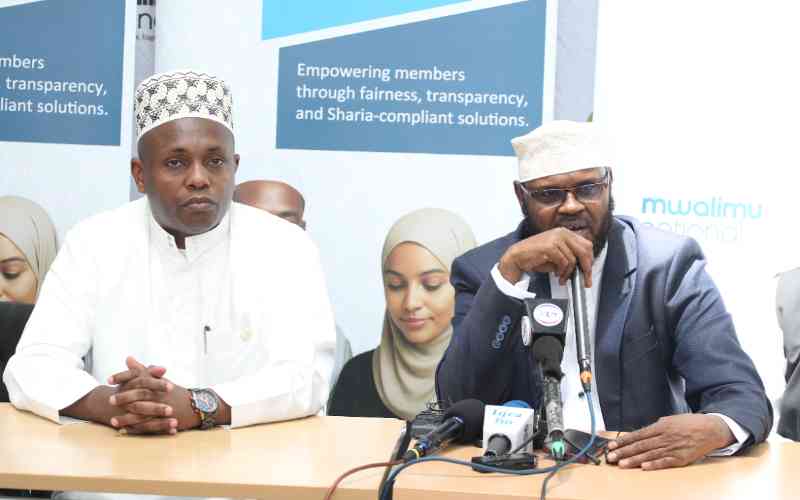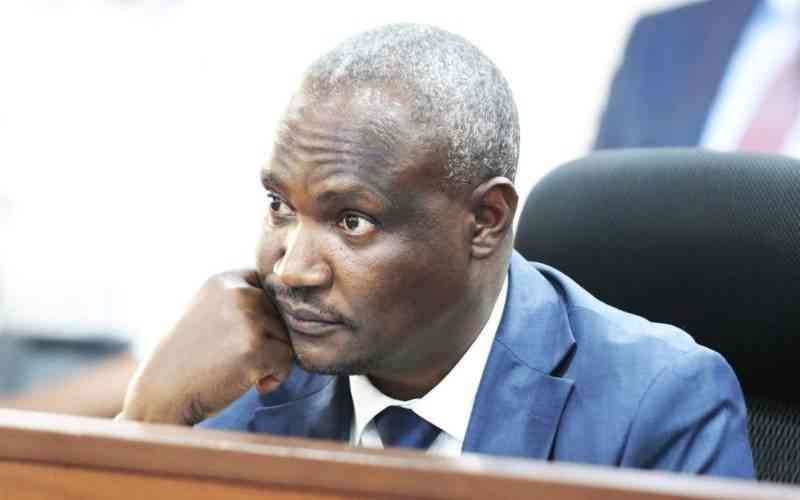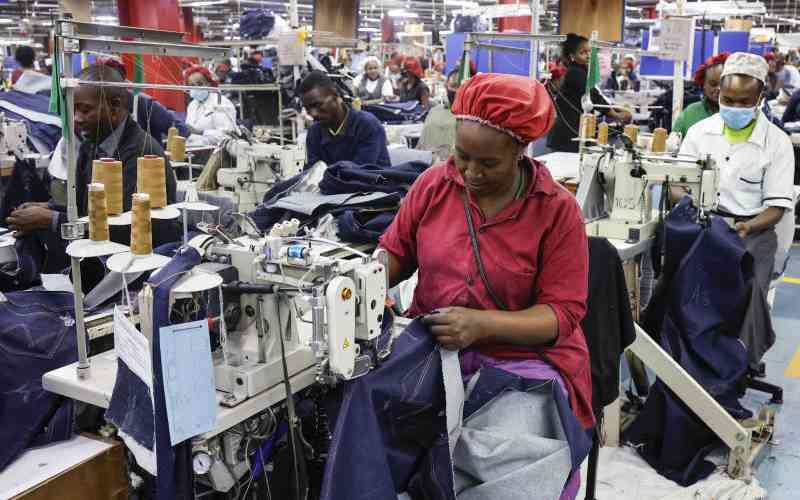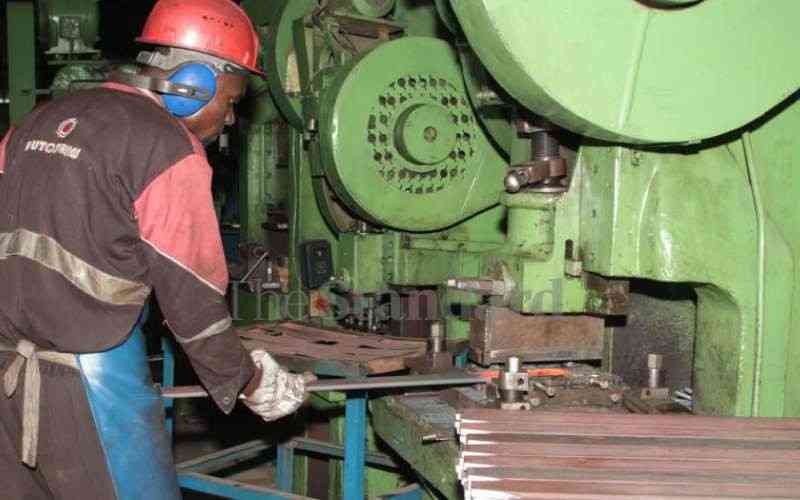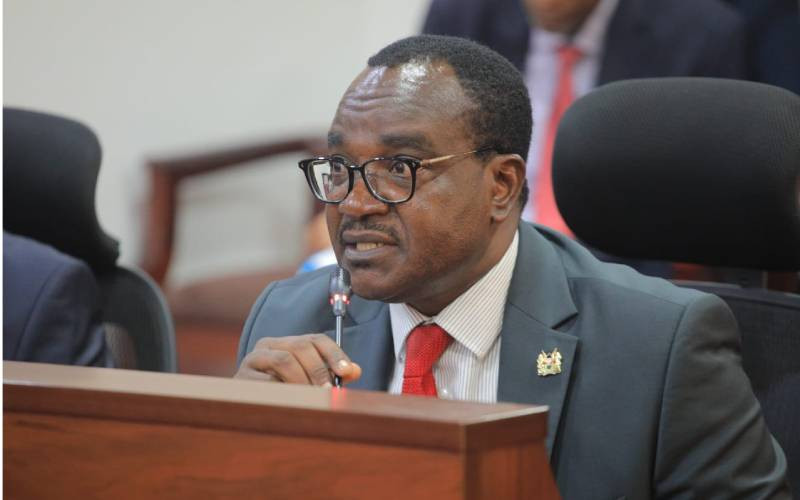
Drones and helicopters could soon be a common means for delivering national assessment papers to schools.
This are part of raft of measures aimed at countering logistical disruptions in regions hit by heavy rains and the subsequent flooding.
According to Education Cabinet Secretary Julius Ogamba, the ministry was working on a policy paper to establish a framework for the adoption of drone technology in future as
the examination period often coincides with the rain season.
He was appearing before the National Assembly Education committee on Wednesday.
“We have floods in some parts of the country where we are administering exams,” said Ogamba. “As a ministry, we have put measures in place because it is something that
happens every year. This morning we received reports of areas where vehicles were not able to pass through some bridges after they flooded.”
To mitigate further delays in the ongoing assessments, the ministry has deployed helicopters and established a command centre at the Kenya National Examinations Council
(KNEC) to coordinate emergency responses.
Ogamba said four-wheel drive vehicles were also on standby to support delivery teams.
In Parliament, lawmakers raised concerns about inadequate facilitation for field officers and teachers administering the papers. Tinderet MP Julius Melly questioned whether the
funds allocated were sufficient.
Teachers involved in administering the exams have complained that they receive only Sh5,160 per day, an amount many consider inadequate given the costs incurred and risks
involved.
Stay informed. Subscribe to our newsletter
However, KNEC Chief Executive Officer David Njengere said that the current grant-based funding system for exams was unsustainable.
“Funding for exams should not be based on grants but on capitation. Even the Sh5.9 billion we got is not capitation. It should be based on the number of candidates and centres,
but under the grant system, it is just a fixed figure,” he said.
Meanwhile, CS Ogamba disclosed that 6,040 out of 32,000 schools had fallen below threshold standards in a recently concluded nationwide verification exercise aimed at
determining the accurate number of learners.
“The verification will help us plan better. If 1.1 million Grade 9 learners are sitting exams, I should know that in three years the same number will be in Grade 12,” Ogamba noted.

